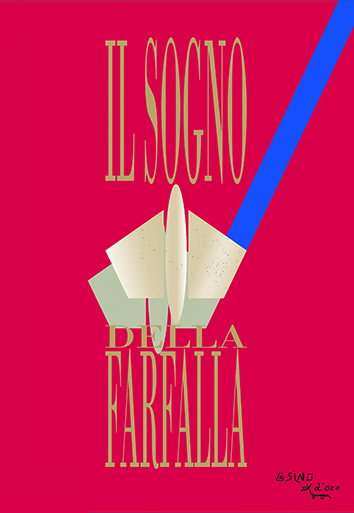Words that could have spoken about birth. Trieb, Wunsch, Besetzung, Vorstellung
DOI:
https://doi.org/10.14663/sdf.v15i4.308Abstract
Following the controversy stirred up by the withdrawal of the new translation of Freud’s writings from the market, the author questions the coherence and the precision of Freudian terminology underlying the therapeutic efficacy of his theory. As well as analyzing some extracts from Freud and comparing them to the Italian translation the article looks into the etymology of some German words that play a crucial role in Freudian terminology: Instinkt and Trieb (instinct and drive), Wunsch (desire), Besetzung (investment), and Vorstellung (representation/imagination). The results of this analysis point to Freud’s failure to distinguish between words such as instinct and drive with relative consequences at a theoretical level, as well as seeing how words like Wunsch – which should not be translated as desiderio (desire) in Italian but as anelito or augurio (wish) – prevented Freud from understanding human nature given his ignorance of the real meaning of the word Trieb. Furthermore, the incorrectness of translating Besetzung as investimento (investment) is demonstrated given that Freud’s use of the German term gives a neurophysiological vision of psychic processes whereas the Italian word implies a dynamic content. The word Vorstellung raises the question of the image of birth. In distinguishing it from Bild, which means figure (figura), we can take a step forward in our search for a German word that is equivalent to the Italian one. This leads us to Fagioli’s latest theoretical considerations and the proposal of the word Vorstellungsvermögen which means the capacity to imagine, redeeming the German language from the destiny which Freud helped in assigning it.


